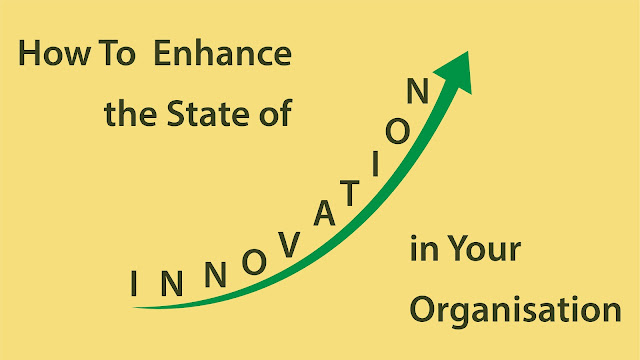Innovation+ve Management
The Synergy of Innovation and Innovative Management
Innovation management and innovative management are pivotal
to businesses aiming to navigate the complexities of the contemporary market
and sustain a competitive edge.
This article delves into the essence of both concepts,
underscoring their significance, methodologies, and impact on organisational
success, while highlighting a nuanced difference in their approach to
creativity and innovation mindset.
Understanding Innovation Management
Innovation management refers to the systematic process that organisations employ to manage their innovation procedures, from the inception of ideas to their final implementation.
It involves the decisions, activities, and practices for
identifying, developing, and realising new products, processes, or ideas.
Central to innovation management is the assumption that
creativity and an innovation mindset are innate traits; it focuses on
harnessing these natural talents to generate value.
It encompasses idea generation, evaluation, development, and
implementation, requiring a structured approach that integrates strategic
planning, project management, and performance analysis.
Innovative Management: Cultivating Creativity
In contrast, innovative management embodies a broader concept that embraces innovative practices in the management of an organisation.
Unlike innovation management, which presumes the innate
nature of creativity and innovation, innovative management is based on the paradigm
that it can be developed as a skill.
Innovative management is about leveraging the latest technologies, methodologies, and leadership practices to enhance efficiency, encourage a culture of continuous innovation, and drive business growth.
It includes fostering an open culture that encourages structured
risk-taking, investing in employee development to nurture creativity and
innovation skills, and adopting agile methodologies for flexibility and rapid
adaptation to change.
The Intersection and Distinction
While innovation management focuses on managing specific innovation projects with an underlying assumption of inherent creativity, innovative management creates an organisational culture and environment that supports innovation through systematic development. This approach recognises that creativity and an innovation mindset can be cultivated through strategic practices.
Impact on Organisational Success
Organisations adept in innovation management and those that embrace innovative management practices gain a competitive advantage. They respond more effectively to market changes, anticipate customer needs, and introduce breakthrough products and services. Moreover, a strong focus on both innovation management and innovative management practices enhances an organisation's reputation, attracts top talent, and fosters a motivated workforce.
Conclusion
Innovation management and innovative management are crucial for any organisation aiming to stay ahead in today’s rapidly evolving business landscape.
By effectively managing innovation and embedding innovative
practices into management strategies, companies can unlock their creative
potential, drive sustainable growth, and maintain a competitive advantage.
As such, leaders must prioritise these approaches, fostering
an environment where innovation thrives and ensuring management practices are
equipped to nurture creativity and innovation mindset systematically.



